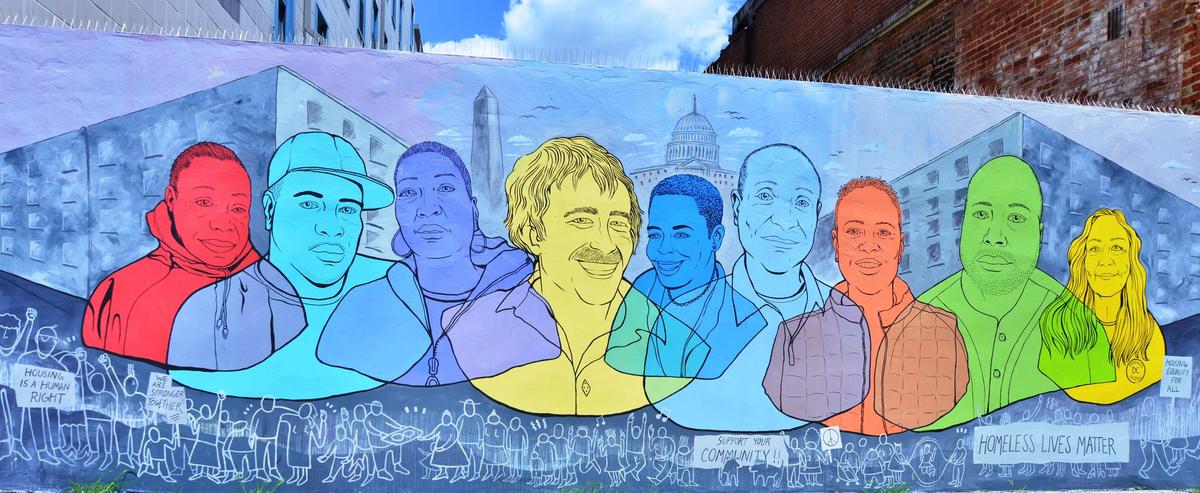The Washington-based DC Commission on the Arts and Humanities (DCCAH) flirted with censorship this week, adding a restrictive amendment onto a contract for grantees and then withdrawing it three days later.
In early October, the commission, which annually awards millions of dollars to individual artists and arts organisations across disciplines, announced the recipients of its grants for fiscal year 2019. Several weeks later, the agency sent out a new contract with minor revisions. On 5 November, it sent out yet another update, this one with a passage requiring grantees to agree that any work made with the funding would not be “lewd, lascivious, vulgar, overtly political, excessively violent, constitutes sexual harassment, or is, in any other way, illegal.” The amendment went on to give the DCCAH “sole discretion” to determine what qualified as such and accordingly terminate the contract.
The language immediately alarmed people in the Washington, DC, arts scene, with some saying it recalled the culture wars of the late 1980s, when the National Endowment for the Arts introduced an “anti-obscenity” clause into its rules for grantees. Artists quickly organised an online petition, while trying to figure out whether they could afford to forego the funds they’d been promised. “These grants are very, very important to those of us that get them,” said the artist Amy Hughes Braden, who was due to receive $5,000 from the DCCAH this year.
Peter Nesbett, the executive director of Washington Project for the Arts (WPA), sent out a letter encouraging grantees not to sign the amendment or, if they had to, to state that they were signing it under protest. Notably, the WPA itself had been awarded over $100,000 from the commission for the upcoming year and was poised to lose it if it, too, refused to sign. Meanwhile, national organisations got involved, with both the National Coalition Against Censorship and the Andy Warhol Foundation for the Visual Arts issuing statements against the requirement.
A source inside the commission told The Art Newspaper that many people who work at the agency had not known about the contract change before it was sent out and were upset by the news. They began asking questions and pushing back internally.
A legal challenge was also in the works, as Deepak Gupta, a constitutional lawyer working with the ACLU, prepared a request to the city to drop the amendment, which he had hoped to send today. Ultimately there was no need: Mayor Muriel Bowser’s office rescinded the amendment this afternoon, the Washington City Paper reported. “The Bowser Administration stands firmly behind our shared DC Values and will always strive to uphold our mission of service to the District and its residents," the mayor's office said in a statement. "The DC Commission on Arts and Humanities believes deeply in the right to freedom of expression and would never seek to violate that right by censoring the work of any grantee. Mayor Bowser’s steadfast commitment to our diverse and vibrant Arts and Humanities community will not waiver.” The mayor appoints the head of the DCCAH, which is currently being run by interim director Angie M. Gates.
“These restrictions raise obvious constitutional problems,” Gupta said earlier this afternoon. “If there’s one thing we know about the First Amendment, it’s that the government cannot stop people from criticising the government. And art is fully protected speech.” Referring to the commission, he added, “I get the sense that they probably did not think this through.”


